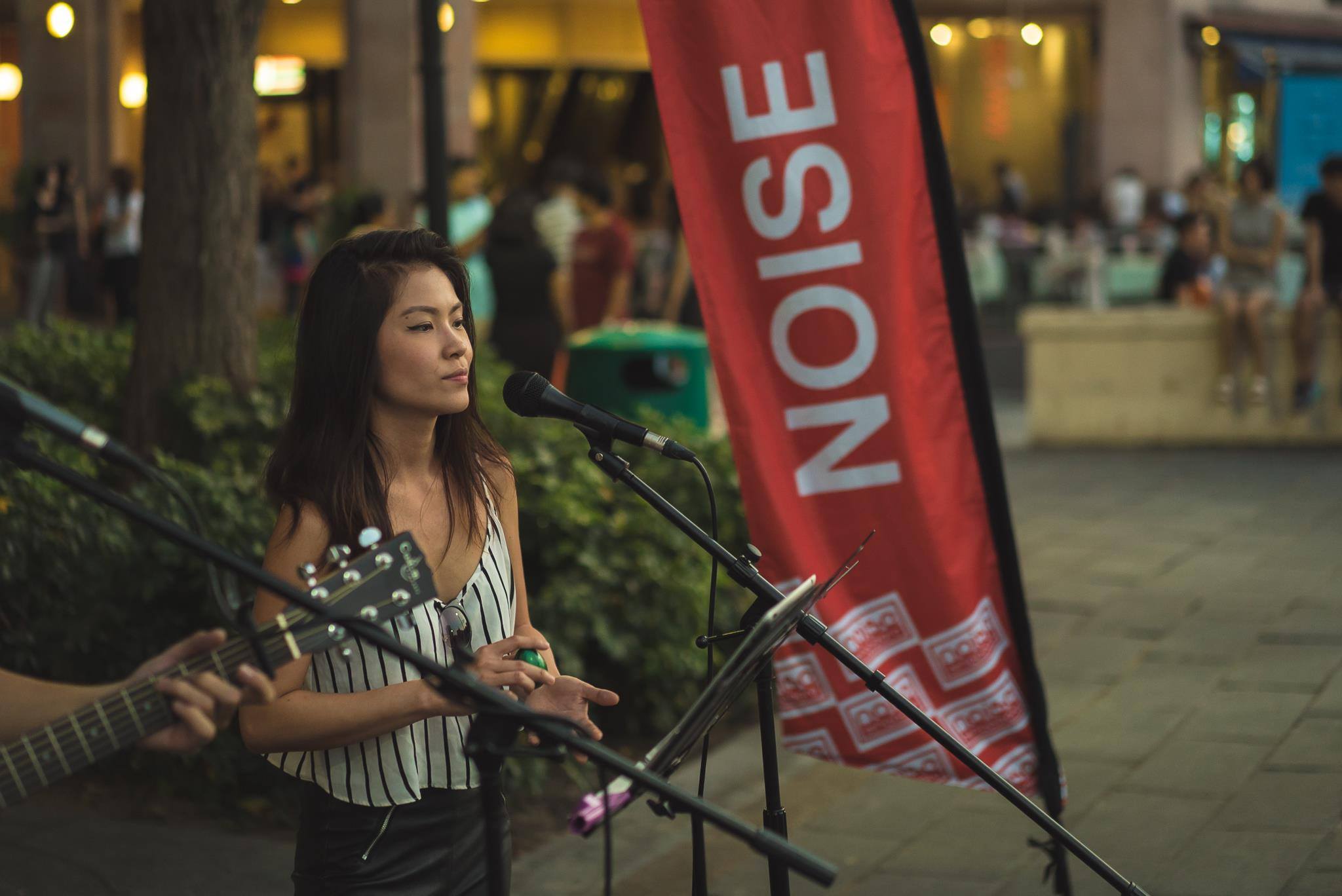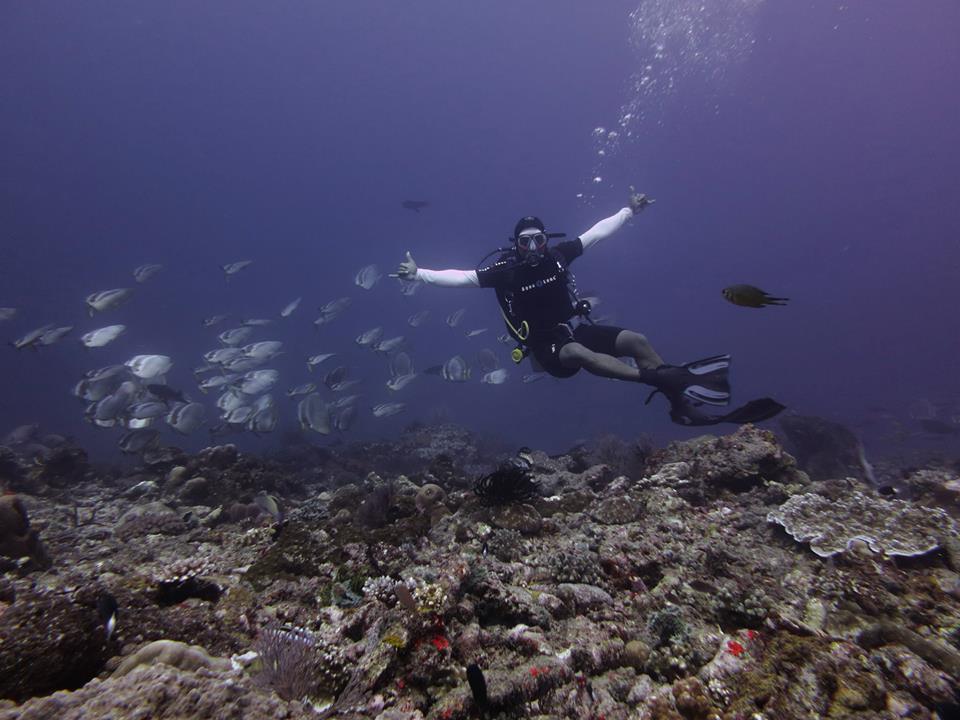Growing up, it was hard-wired into us that anything outside of a standard office job was unacceptable; we were taught that the most successful (and therefore, the happiest) people were those who had a career in medicine, law or mathematics. We were even taught the formula for this success: do well in school, graduate from a local university and ride off into the proverbial sunset.
While achievable in theory, this formula failed to factor in one key element: passion. Cue the song as old as time – passion versus profit, satisfaction versus stability. There was no other way about it, it was all or nothing. For many, what was once a burning desire faded into blurred dreams and eventually, resigned acceptance of a future that could never be.
But times are changing. Entrepreneurs like Anthony Tan and Tan Hooi Ling of Grab and artists like The Sam Willows and Manfred Lim are slowly changing social perception on what it means to be successful. That you can transform your passion into a career, and be damn happy while doing it too.
Meet 2 Singaporeans who did exactly that, and gave up their typical 9-5 jobs in search of an alternative life – for whom the only thing that truly matters are the pursuit of their dreams.
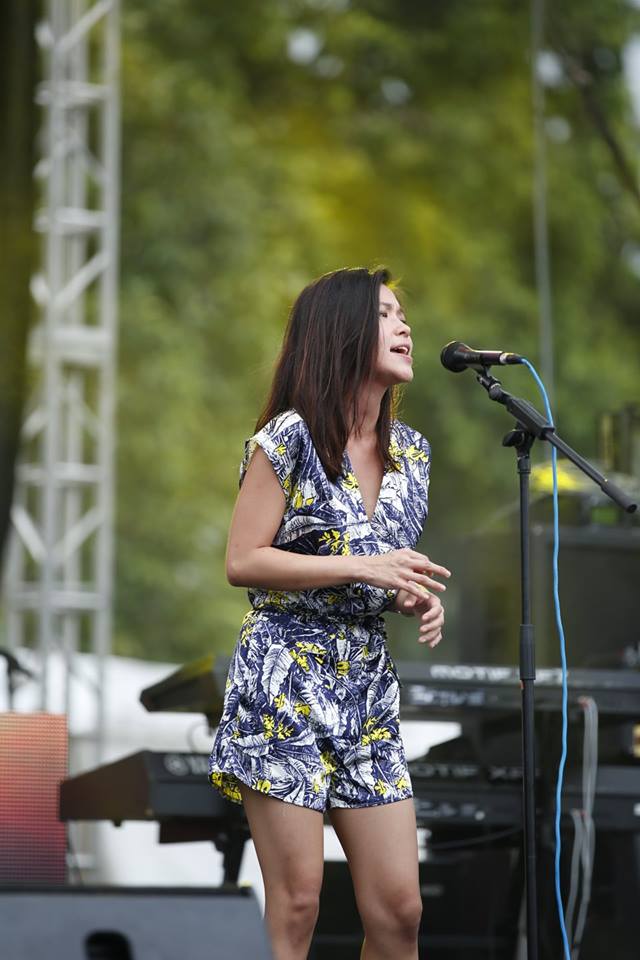
Cheryl Loon, marketing executive turned singer-songwriter
I graduated with a degree in Communications & Media and was with an advertising agency for 3 years as a copywriter before making a jump into the F&B industry, doing marketing for 2.5 years.
About two years ago at work, a good friend of mine made a joke about how we should all quit our jobs and pursue our passion. For some strange reason it got me thinking, “Like…why not?” I was bored with my 9-6 job and wasn’t really learning much anymore so although it sounded ridiculous, it also felt like it was the right time for me to pursue music. I’ve been doing freelance gigs my whole life, so it felt almost natural.
When I eventually made the jump, it was extremely liberating. I was nervous because I didn’t have any resources and had to start from scratch, looking for musicians to collaborate with and sourcing for gigs on my own. Just building up my contacts was a huge challenge because in this industry, if you know no one, you can’t start on anything.
It was daunting to say the least, because going into music full-time was sort of an impulse decision, although one I do not regret it. I was a little unprepared because I didn’t do much research on the scene here, and how much of a challenge I had to expect. I was lucky because my family was very supportive of my decision, my dad being a fellow musician.
It was rough at the beginning, but now that I’ve had a taste of this way of life, I have no plans on going back to the corporate world anytime soon. It’s been an amazing adventure so far, and I feel like I’m growing so much as a musician. I started out uploading covers and originals onto social media, doing the occasional gig here and there but now, I perform regularly at The Beacon and Five Square, and was recently signed onto Instrumental, an artiste management platform tied with Warner Music. I’ve also had the opportunity to work with artists like Tosh and perform at bigger gigs like the Skecher’s Sundown Festival.
It’s been a good journey so far, but there are still many things I have yet to fulfill as a musician, such as getting my EP out and securing gigs outside of Singapore. I’m looking to release an album in the near future too – this is definitely not the last you’ll hear from me.
View more of Cheryl here.
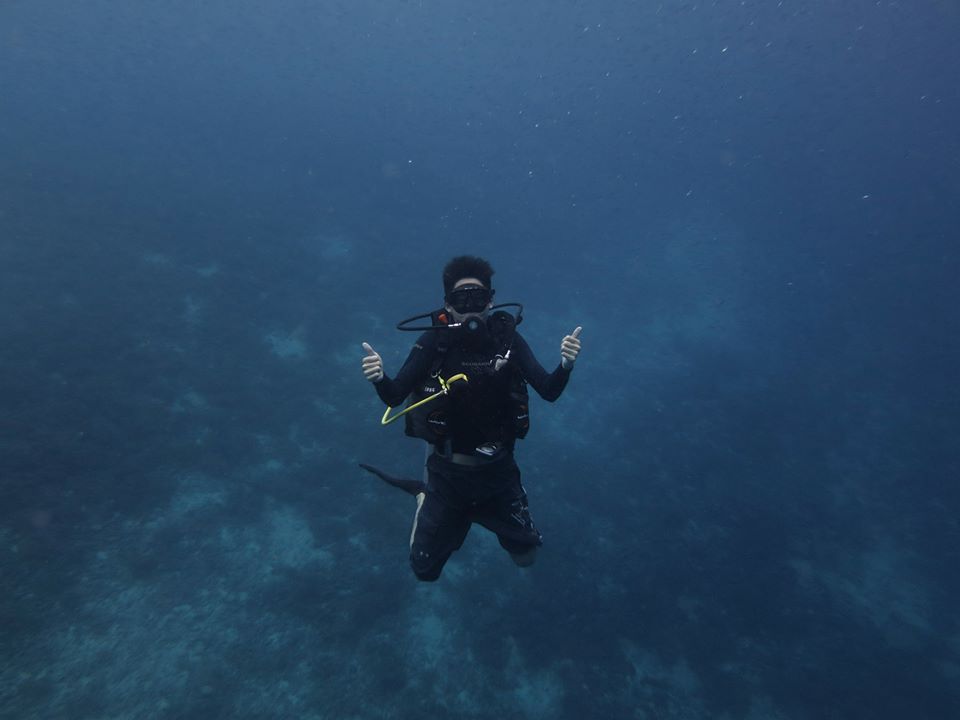
Gerald Joo, designer turned divemaster
I’m a design graduate from Lasalle School of the Arts, and used to be with a local design agency until I decided to follow a friend’s recommendation and take up my Divemaster certification in the Gilis (Trawangan). I stayed in the Gilis for a total of 3 months and the whole experience really shaped my outlook on life.
My parents were initially very doubtful and apprehensive about my decision, as they didn’t like the idea of my being away from home for such an extended period of time. They also worried about the dangers of diving (although their information was gathered mostly from horror stories they read online). It took awhile, but they are now supportive of what I do.
I was prepared for the challenges I would face – anyone in the diving industry will tell you that it is not one where you should be expecting to make much money, and it’s hard, exhausting work at that. Forget financial stability, and if you’re based outside of Singapore, seeing friends and family often is almost impossible, given how much we earn. During off-peak seasons, there are times when there is hardly any work, which equates to no income. Financial struggles aside, I was also ready to give up many things Singaporeans take for granted, like our efficient public transport, safety and stable connectivity.
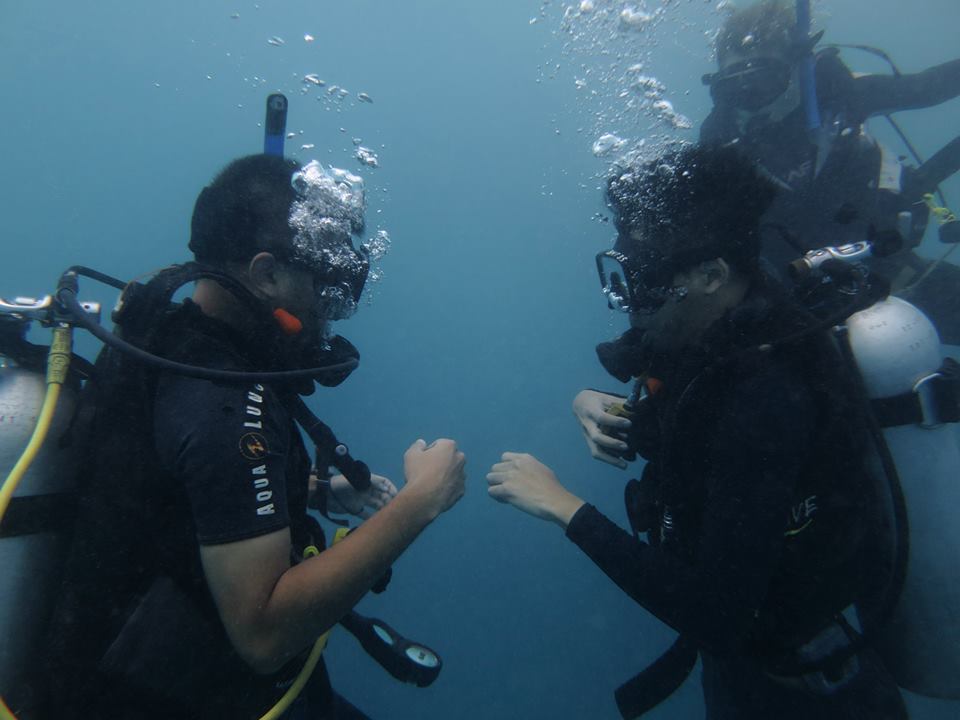
Despite all of that, I chose this route for a number of reasons, mostly stemming from my love of the sport, technically and socially speaking. It is incredibly fulfilling being able to see that your customers (many of them first time divers) enjoy the sport, and having the opportunity to show them an entirely different world. It is great seeing how new divers become more environmentally conscious too – they start to see how their actions (consumerism, littering, overfishing, shark finning) have an impact on the ecosystem and provides them with context on more eco-friendly practices.
I also enjoy meeting people from different parts of the world and getting to learn about their cultures and their experiences. The Gilis is a well-known location for backpackers so the people you meet there tend to be down-to-earth travelers with interesting stories to share. It is through diving that I have met many good friends, many of whom I still keep in contact with.
I guess I chose this way life also because it allows me to do something I truly enjoy. Sure, I might not be able to afford a fancy car or mansion anytime in the near future but it’s comforting being able to leave the world of materialism behind. The people that I have met in this industry lead simple lives like me, but yet they are some of the happiest I have ever interacted with. Becoming a divemaster has made me realize what is truly important, and has completely changed my outlook on what defines success and happiness.
I’m happy with what I do now, but I am aware that if I want to keep diving full time, I’ll need to take an instructor course at some point of time. There are many arguments for and against this way of life, and it can get confusing, but I definitely recommend anyone interested to just give it a go, because it is truly a life-changing experience.
